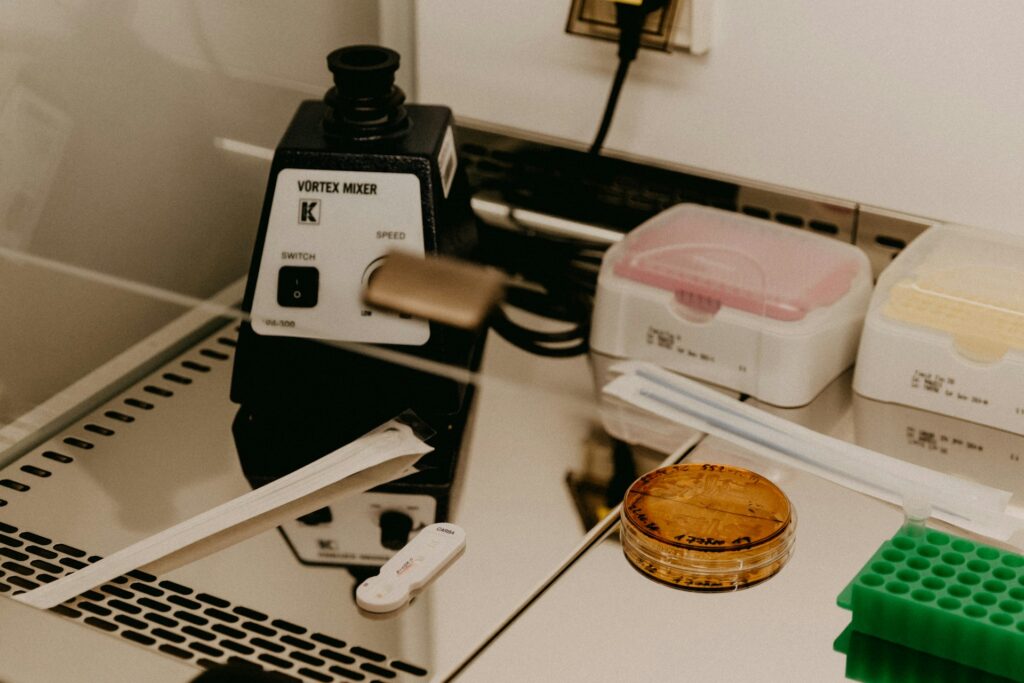Plant stem cell research is giving us a good idea of how plants grow stronger and more resilient. Unlike animal stem cells, which are associated with medical applications, there has been less incentive around researching plant stem cells. Recent studies led by Professor Huanzhong Wang at the University of Connecticut have identified how stem cells in plants contribute to their growth, specifically focusing on vascular bundles, the structures that transport water and nutrients.
The research looked at the role of a gene called HVA, which regulates the formation of these bundles. By over expressing this gene, Wang’s team discovered that the plants developed more vascular bundles, which directly contribute to their strength and ability to withstand environmental stressors such as wind. Plants with over expressed HVA genes were found to have as many as 50 bundles, compared to the usual 5-8 in normal plants.
Stronger plants with better vascular systems are more likely to survive in adverse conditions (essentially survival of the fittest), which is very important for crops like corn that are vulnerable to toppling. These findings, if applied in industry, could lead to the development and use of sturdier and more resilient plants leading to more sustainable agriculture.
The research primarily used a model organism related to the mustard family, the HVA gene was found in other plants aswell, leading to the idea that these findings may have more broad applications across various crops.
By advancing our knowledge of plant stem cells, scientists like Wang are adapting to an ever changing world that is increasingly being negatively affected by climate challenges.
This research on plant stem cells and their potential for strengthening plants is the result of collaborative efforts at the University of Connecticut, particularly within the College of Agriculture, Health, and Natural Resources (CAHNR). The work was led by Professor Huanzhong Wang, a specialist in plant molecular biology, alongside key contributors including Qian Du, Bingjian Yuan, Gaurav Thapa Chhetri, Tong Wang, and Liying Qi. Their comprehensive study was published in New Phytologist, providing critical insights into the regulation of vascular bundle formation through the HVA gene

Hassan graduated with a Master’s degree in Chemical Engineering from the University of Chester (UK). He currently works as a design engineering consultant for one of the largest engineering firms in the world along with being an associate member of the Institute of Chemical Engineers (IChemE).



